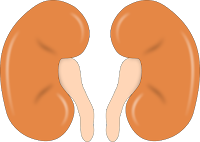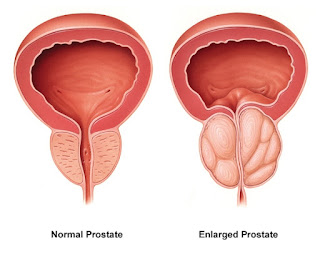Chronic Kidney Disease (CKD) and Global warming
Chronic Kidney Disease (CKD) and Global warming
The Kidneys' Vital Role: A Brief Overview
Before delving into the potential impacts of global warming on kidneys, let's understand the kidneys' crucial role in our bodies. These bean-shaped organs act as the body's natural filters, regulating fluid balance, removing waste, and maintaining electrolyte levels. Chronic Kidney Disease (CKD) is a condition where the kidneys gradually lose their function over time, often exacerbated by factors like hypertension, diabetes, and lifestyle choices.
Climate Change and Health: Unraveling the Connection
As our planet experiences the effects of global warming, the implications for human health are becoming increasingly apparent. Rising temperatures, extreme weather events, and shifting environmental patterns pose risks to various aspects of our well-being. While the immediate consequences may include heat-related illnesses and the spread of infectious diseases, the long-term impacts on chronic conditions such as CKD are an area of growing concern.
Heat Stress and Dehydration: A Dual Challenge for Kidneys
Global warming brings about an increase in extreme heat events, potentially leading to prolonged periods of heatwaves. For individuals already dealing with CKD, the challenge intensifies. The kidneys play a pivotal role in maintaining our body's fluid balance. Prolonged exposure to high temperatures may lead to increased heat stress and dehydration, placing additional strain on already compromised kidneys. For those managing CKD, staying adequately hydrated is crucial, and rising temperatures may exacerbate fluid management challenges.
Impact on Water Resources: A Ripple Effect
Climate change influences precipitation patterns and water availability. Changes in rainfall and drought frequency can impact the quality and quantity of water sources. Individuals with CKD often need to be vigilant about water quality and intake. Altered water sources may introduce new challenges in ensuring access to safe and sufficient water for those managing kidney conditions.
Vector-Borne Diseases and Kidney Health
Global warming contributes to the spread of vector-borne diseases as changing climates create favorable conditions for disease-carrying organisms. Some of these diseases, such as certain types of infections, can pose an additional risk for individuals with compromised kidney function. Managing and preventing such infections becomes paramount for those navigating the complexities of CKD.
Air Quality and Kidney Health: The Respiratory Connection
Climate change is linked to changes in air quality, with potential implications for respiratory health. Individuals with CKD, especially those on dialysis, may already have compromised respiratory function. Poor air quality can exacerbate respiratory challenges, adding an extra layer of concern for those managing both kidney and respiratory conditions.
Adapting and Mitigating Risks: A Call to Action
Understanding the potential impacts of global warming on kidney health is a crucial step. For individuals with CKD, proactive measures become essential. This includes staying informed about climate-related health risks, adapting lifestyle choices to mitigate potential challenges, and collaborating with healthcare providers to tailor management strategies that address both kidney health and the evolving impacts of climate change.
Conclusion
In conclusion, while the specific effects of global warming on kidney health are still an emerging field of study, it is evident that individuals with CKD may face additional challenges in a changing climate. Adapting to these challenges, raising awareness, and fostering a proactive approach to healthcare are key components in ensuring the well-being of those navigating both kidney conditions and the evolving dynamics of our planet.
%20(1).png)





%20(1).png)

.png)
%20(1).png)
.png)
Comments
Post a Comment